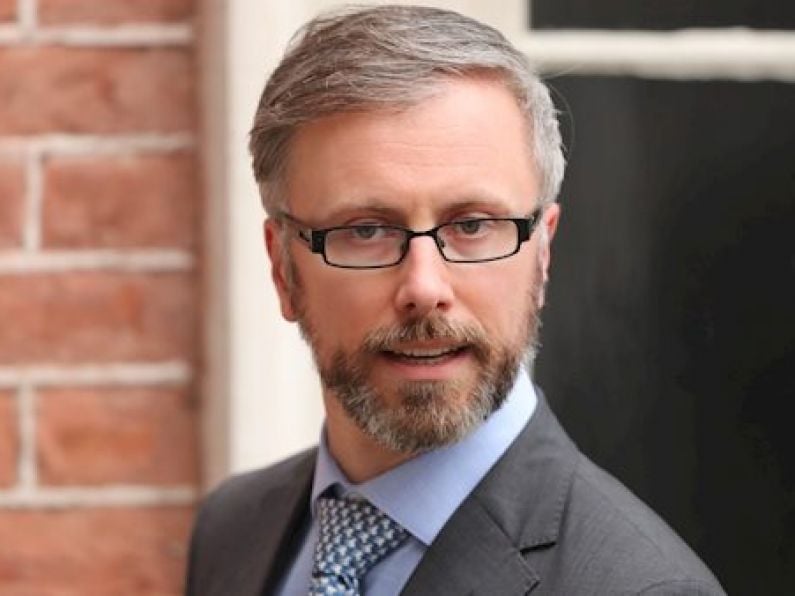By Kenneth Fox
The Minister for Equality and Integration said he is committed to ending Direct Provision as well as enacting hate crime legislation.
Roderic O'Gorman was speaking on the final day of the Green Party's virtual ard fheis.
Under the programme for Government announced earlier this year, they committed to abolishing Direct Provision by the end of the government's time in office.
According to the programme, they said the "Will replace it with a new International Protection accommodation policy centred on a not-for-profit approach."
Speaking at the Green party conference today, O'Gorman said:
"Last week we received a report from the Catherine Day Expert Group, which was commissioned to look at alternatives to Direct Provision.
"That report came to the same conclusion as so many reports have before it, Direct Provision is not fit for purpose."
He called the system "inefficient" and "expensive" but said most importantly "it fails to afford dignity to the people that live in the system."
Inspection process
Mr O'Gorman stated that it will not be a quick process ending the system, seeing as there are 8,000 people currently living in Direct Provision.
Instead he said they will be implementing a new inspection process for centres and they will also be expanding the right to work.
He said by the end of 2020, plans will be published which outline how Direct Provision is to be abolished during the lifetime of this government.
The Minister for Integration also spoke at the ard fheis about his commitment to tackling the "structural and institutional inequalities that exists within our country."
He talked about how the Black Lives Matter movement shed light on racism around the world, including Ireland.
Mr O'Gorman said there was a need for hate crime legilslation to be implemented as well as updating the current legislation around incitement of hatred.
He also said new legislation will be brought in which means companies will have to publish details of the pay gap between their male and female employees.
Finally, the Minister said he is also looking to implement socio-economic discrimination as a new part of the Equal Status Act 2000.






